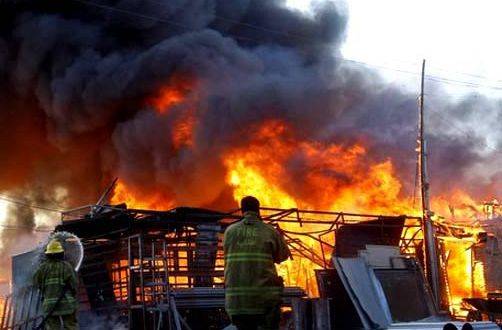Fair and safe working conditions in global supply chains are still a distant prospect. More than 700 workers were killed last week when an unstable factory building in Bangladesh collapsed. Just five months previously, over 100 workers died when they were unable to escape a fire in a garment factory in Dhaka (Bangladesh). Seven months ago a fire in a textile factory in Karachi (Pakistan) killed almost 300 workers, who found themselves trapped due to locked exits and bars across the factory windows. On the same day in the Pakistani City of Lahore 25 people were killed in a shoe factory in similar circumstances.
While large accidents like these shock the western world, most human rights violations occur further along the supply chains of the products we consume and never make it to the media. The LANDMARK project is trying to go beyond the short term outcry that large accidents cause. It highlights practical mechanisms for procurers to ensure fair working conditions throughout supply chains, verifying compliance with the ILO core conventions in particular.
LANDMARK’s Legal and Practical guide helps public procurers to decide how to include social criteria in their purchases in compliance with EU Procurement rules. The Good Practice case study collection provides examples of how a variety of public authorities have achieved this. High risk product categories featured in these publications, which are each available in seven languages, include textiles, construction materials, food and sports equipment.
For more information, click here.




